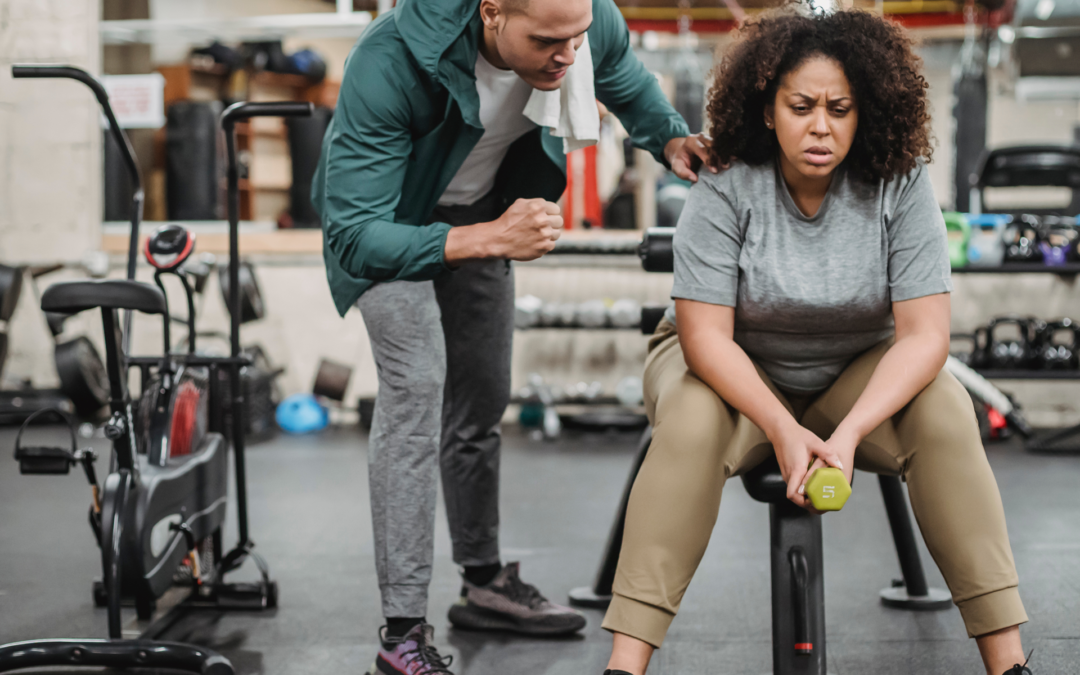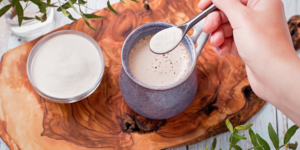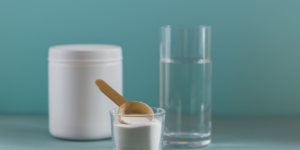Protein is important for health and fitness. This is important because it is responsible for tissue growth and repair, immune function, enzymes, and hormone production. If you ask someone about protein, they will probably talk about chicken, eggs, and beans. Collagen protein, which is one of the most recent additions to the marketplace due to its valuable characteristics, is becoming increasingly popular.
Collagens are the proteins that are present in our bodies. Collagen, the protein that largely composes tendons, ligaments, and skin, is its main structural component. Collagen, which is the main structural protein, is found to have strength and elasticity that helps in keeping the joints, muscles, and skin healthy. In the course of the last few years, collagen protein has been highly praised for speeding up recovery after workouts, supporting joints, and making skin smooth.
Understanding the basics of collagen protein
Collagen protein is a fiber-type protein in which amino acids such as glycine, proline, and hydroxyproline are included. Unlike whey and casein, this plant-based protein varies in amino acid content and structure. The triple helix structure of collagen makes it solid and resilient.
Collagen protein is not a single-functioning element in the body. It is the tendons and ligaments that it strengthens, that is, without compromising their flexibility and integrity. Through the process of scaffolding tissue regrowth, collagen becomes a vital part of the wound-healing process. Collagen is the main component of the extracellular matrix, which is responsible for the skin’s elasticity and natural moisture.
The benefits of collagen protein for fitness and health
The recovery and healing of muscles are the key features of collagen protein. Muscle tears and micro-damages occur with exercise. Collagen protein is a great healer since it can repair damaged muscle fibers, thus bringing down the recovery time and pain. It is most effective in this case for the sportsmen and the hardcore exercisers.
Collagen protein also benefits joints. Joint stiffness and pain occur due to a decline in collagen production as they age. Collagen protein gives the cartilage tissues necessary for repair and maintenance of joint health. Studies show that supplements with collagen result in reduced joint pain and improved movement in patients with osteoarthritis.
Collagens of protein also help our skin health. Collagen is the key factor in keeping skin hydrated and pliable. Collagen synthesis gradually falls down when people become older, which leads to the appearance of wrinkles and drooping. Collagen protein plays a part in the process of producing new collagen fibers, making the skin more elastic and well-hydrated. Younger age and good skin may be the consequences.
How collagen protein can improve muscle recovery and joint health
Amino acids are the main building blocks of collagen protein, which is responsible for muscle healing and joint protection. Collagen consists of amino acids, including glycine, proline, and hydroxyproline, that are necessary for the formation of new collagen fibers. These amino acids are the cornerstone for muscle repair and the growth of fiber.
In several studies, the Collagen protein has been shown to assist in muscle rehabilitation and joint health. In athletes, the collagen peptides increased the regeneration of muscles and reduced inflammatory processes, as shown by a study in the Journal of Applied Physiology. In the other study conducted in the Journal of Medicinal Food, collagen supplementation resulted in a decrease in knee osteoarthritis pain and an improvement in physical function.
Personal trainers can bring these benefits to the forefront when they discuss the role collagen protein plays in tissue repair and maintenance. Trainers can demonstrate how collagen protein can help people obtain their fitness goals and joint health by bringing out that collagen is a significant building block of tendons, ligaments, and cartilage.
Different sources of collagen protein and their effectiveness
Collagen protein, which is derived from animal and plant sources, is a natural protein that helps heal, repair, and build tissues. Bone broth, collagen (it can be bovine or marine), and gelatin are animal-based. Collagen peptides found in these sources are fast-absorbing and very bioavailable.
Collagen protein made from plants could be less efficient in the process than one derived from animals. Soy protein and algae-based collagen supplements are the two vegan collagen supplements. The ones in vegetarian sources might have some amino acids that help with collagen production, but in general, their collagen peptide content is not as high as that of animal-based sources.
Remember that you should take into account the quality of the source, the processing techniques, and the dietary needs when comparing the efficacy and bioavailability of collagen sources. Animal-derived collagen peptides are easily absorbed by the body and are, therefore, more effective.
Incorporating collagen protein into a balanced diet and supplement regimen
The amount of collagen protein each person requires daily is based on the individual purpose and goals. The standard dosage, according to experts, is between 10 to 20 grams of collagen protein each day. This can be done with food and nutritional supplements.
Adding collagen protein to meals and snacks does not need any special effort. The main ingredients of bone broth are simmering animal bones for a long time to form collagen-rich bone broth. It is drunk as warm or used as a base in soups and stews. Collagen powders and capsules can be seamlessly added to smoothies, coffee, etc.
Effectively using the benefits of collagen requires those who want to use it to choose the right supplement. Choose products made from animals of high quality and purity and those that have been tested for purity and potency. Choose a collagen supplement, being aware of dietary limitations and allergies, too.
Addressing common misconceptions about collagen protein
The falsehoods about collagen protein should be debunked one by one. Often, this notion is misconstrued as collagen protein is only helpful for the elderly. Collagen protein supplementation benefits both younger and older people despite the fact that the production of collagen slows down with age. Collagen protein helps to achieve fitness goals thanks to its role in muscle recovery, support of joint health, and skin elasticity.
In addition, it is important to point out the collagen protein from whey or casein. These proteins are the ‘building blocks’ of muscles, but collagen protein is particularly good for connective tissues such as tendons, ligaments, and skin. Through the identification of such differences, people become able to make well-considered collagen protein diet and supplementation choices.
Tips for personal trainers to effectively educate clients about collagen protein
Informing clients about collagen protein will become a key role of personal trainers. In addition, instructors can discuss collagen protein and its role in tissue repair and maintenance. Coaches can inform clients about how collagen protein can be used to support their fitness goals by elaborating on its role in muscle recovery, joint health, and skin elasticity.
Research and studies show that collagen protein is great for the body and is the best source of it. In the same way, sharing collagen protein stories with other clients can also be effective. Alongside this, trainers may advise the clients to consult a doctor or a dietician for a thorough evaluation of their collagen protein intake and supplier.
Pragmatic tips are handy when consumers want to add collagen protein to their diet or supplements. Such may include foods and supplements with collagen that go along with their diet.
In summary, collagen protein is a health and fitness supplement that you should include in your diet to enhance your health and fitness. Following specific advantages in muscle recovery, joint health, and skin pliability, it is a supplement that can be used in a various number of ways. By knowing all about collagen protein, its sources, and how to include it in a balanced diet, people can work out their health and fitness goals.
Personal trainers not only teach their clients about collagen protein but also help them understand how it can affect their bodies. Coaches can help clients find ways to make more sensible nutrition and supplement choices by spelling out the benefits of collagen protein and its sources. Collagen protein can be a valuable addition to fitness and well-being if you have the know-how and help you need.
Bill Yeager, Owner of Horizon Personal Training in CT, is a leading success coach, speaker, inspirational writer, personal trainer and fitness enthusiast. He’s helped over 500,000 people worldwide become inspired to transform their lives most widely known for becoming a Body-for-Life Champion for the 2001 Challenge. He is a fitness entrepreneur, the author of several fitness articles, books and president of personal training companies in Connecticut, aids as an adviser to other fitness businesses nationwide, an Amazon international best-selling author of the book Unleash Your Internal Drive, and Facebook public figure. He has been personally coached by Tony Robbins, a fire walker, has been on several popular podcasts and the news including Sharkpreneur with Kevin Harrington, FOX, NBC, and ABC.








